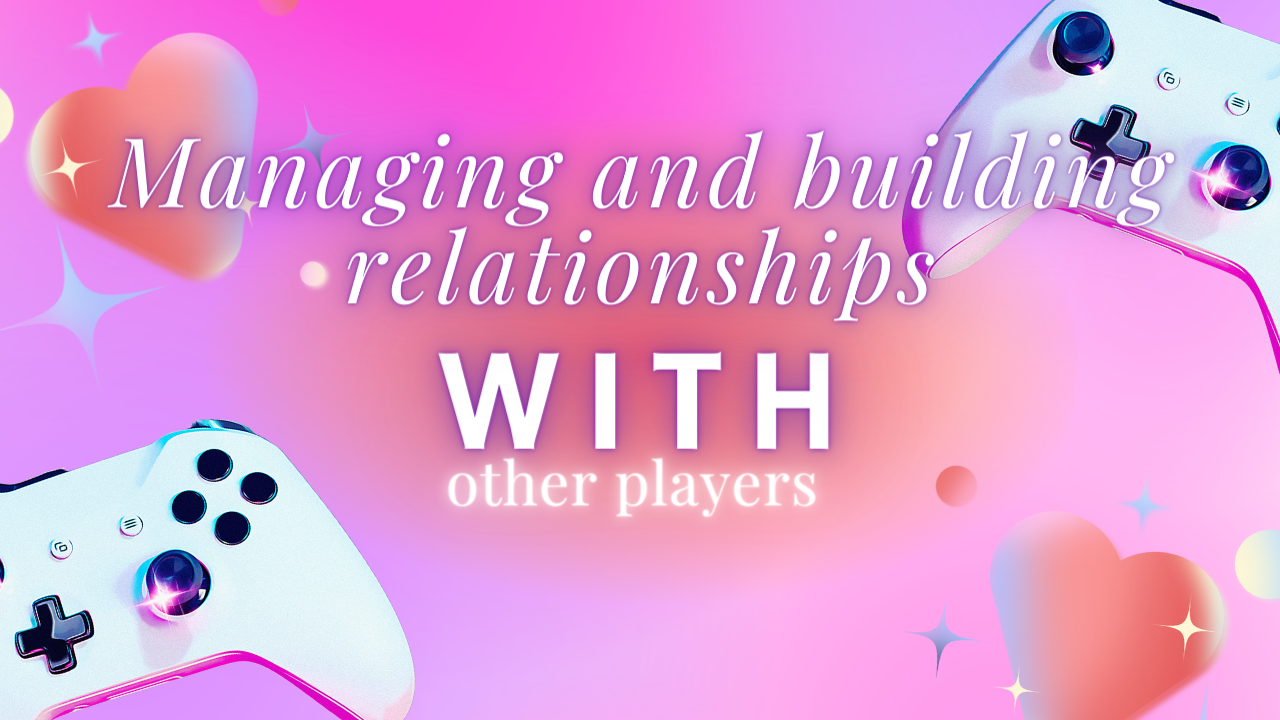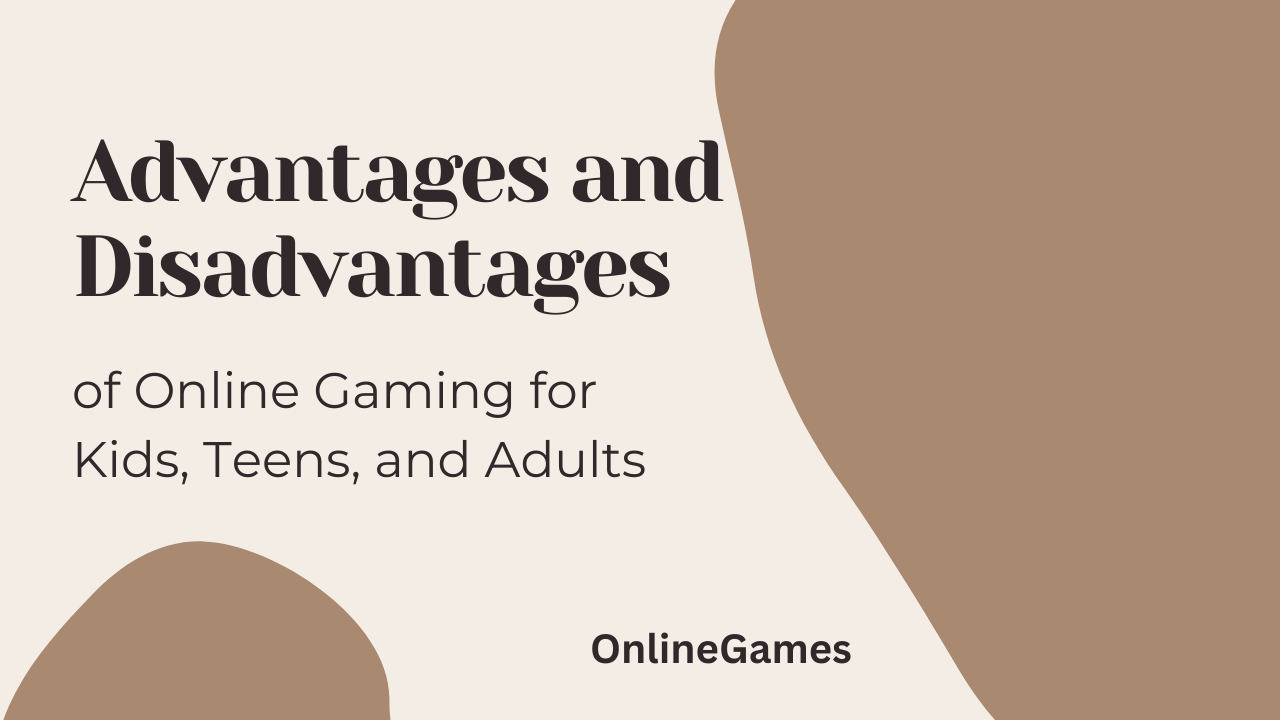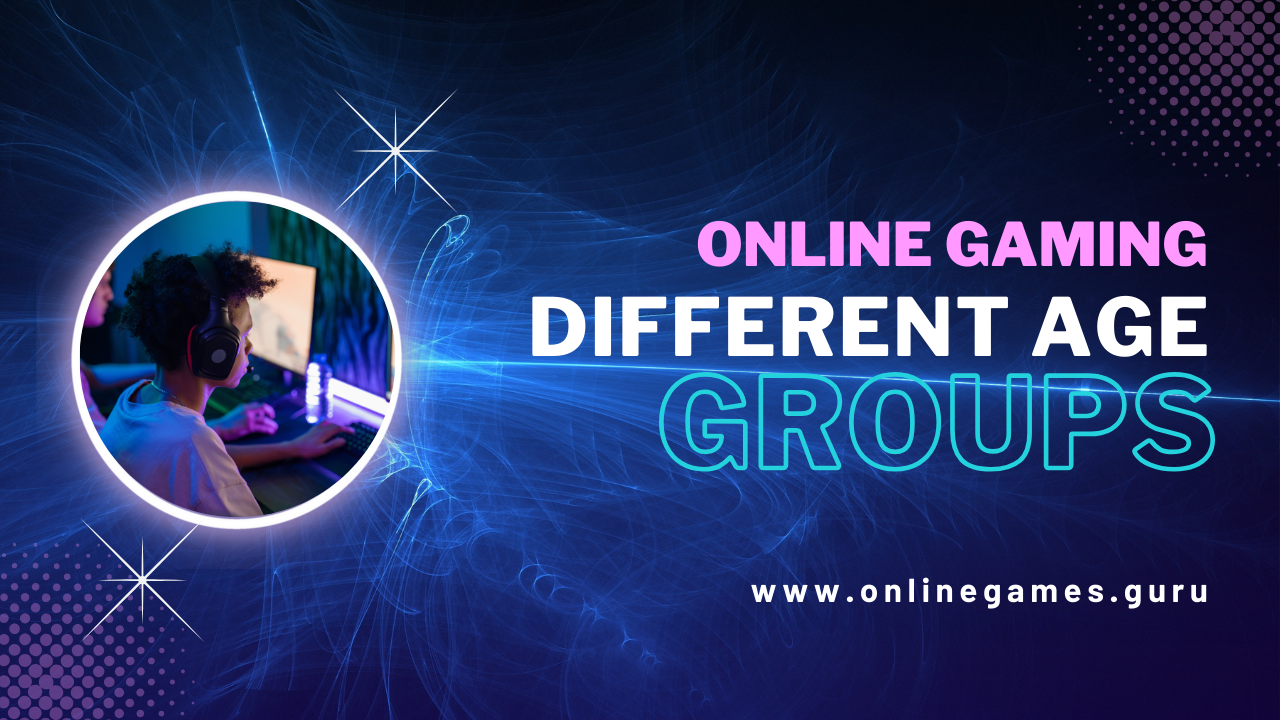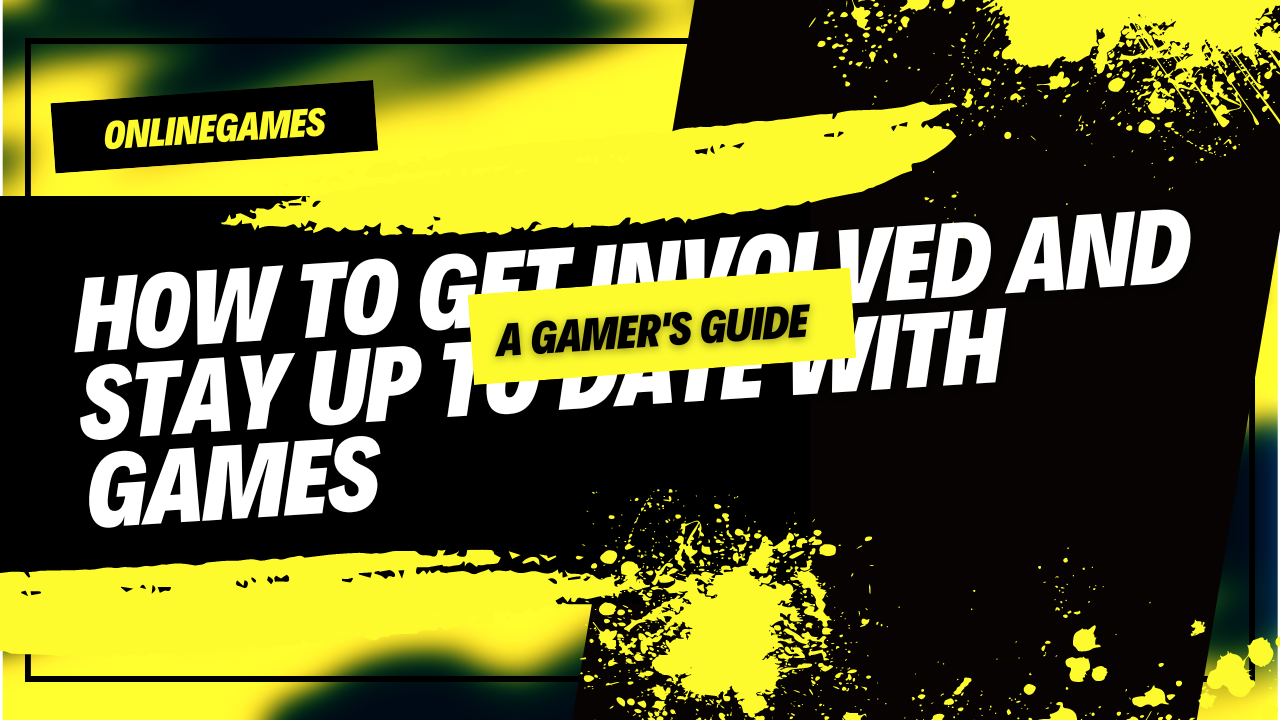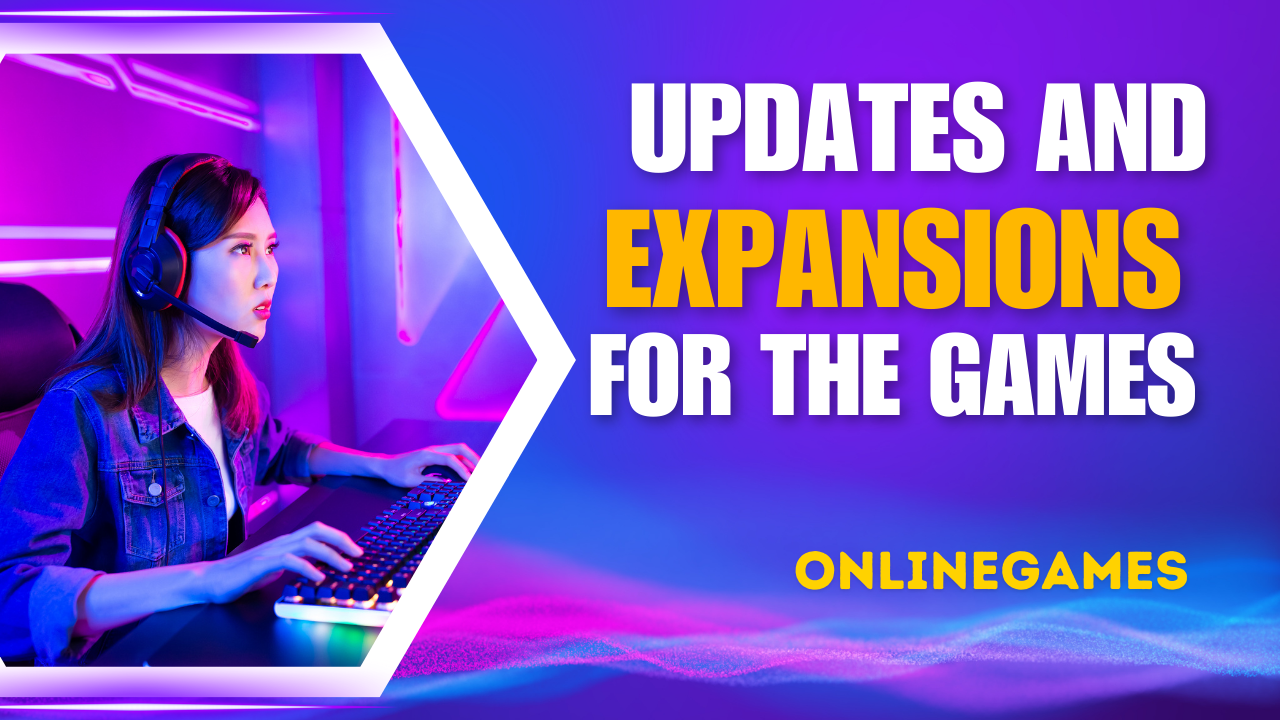In the ever-evolving landscape of online gaming, building and managing relationships with other players is essential for an enriched and fulfilling experience. Whether you’re coordinating with teammates, engaging with rivals, or simply making new friends, strong relationships can enhance your gameplay and open doors to exciting opportunities. This comprehensive guide will provide you with strategies to effectively manage and build relationships in online games.
1. Understand the Importance of Building Relationships
Foster a Positive Gaming Environment
Creating a welcoming and supportive environment not only enhances your experience but also contributes to a healthier gaming community.
- Encourage Teamwork: Foster collaboration and support among players.
- Promote Fair Play: Advocate for fair play and respect for all participants.
Enhance Your Gaming Experience
Positive relationships can lead to memorable gaming experiences, long-term friendships, and a supportive network of fellow gamers.
- Increase Enjoyment: Playing with friends and allies can make games more enjoyable.
- Access More Opportunities: Strong relationships can open doors to exclusive events, guilds, and teams.
2. Communicate Effectively
Use Clear and Respectful Communication
Effective communication is the foundation of any relationship. Being clear and respectful helps in conveying your thoughts and intentions accurately.
- Be Polite: Always use polite language, even in competitive situations.
- Avoid Misunderstandings: Clarify your statements to avoid any confusion.
Adapt to Different Communication Styles
Different players have varied communication preferences. Adapting to these styles can help you connect better with others.
- Text, Voice, or Video: Use the communication method that best suits your audience.
- Cultural Sensitivity: Be mindful of cultural differences and respect diverse perspectives.
3. Build Trust and Reliability
Demonstrate Consistency
Consistency in your actions and behaviour builds trust with other players. Being reliable makes you a valued member of any team or community.
- Be Dependable: Follow through on your commitments and show up when you say you will.
- Communicate Changes: Inform others if you need to change plans or cannot fulfil a commitment.
Show Respect and Understanding
Respect and understanding are critical in building trust. They demonstrate that you value the other person and their contributions.
- Acknowledge Contributions: Recognize and appreciate the efforts of others.
- Handle Disputes Calmly: Address conflicts with patience and understanding.
4. Engage in Positive Interactions
Celebrate Successes
Celebrate your achievements and those of others. Positive reinforcement strengthens relationships and boosts morale.
- Congratulate Others: Acknowledge others’ successes, no matter how small.
- Share Your Wins: Share your victories with others and celebrate together.
Support During Challenges
Offer support and encouragement during difficult times. Helping others can strengthen your relationships and build a sense of community.
- Provide Encouragement: Encourage your teammates during tough matches or challenges.
- Offer Help: Assist others who may be struggling or new to the game.
5. Participate in Community Activities
Join Guilds and Clans
Guilds and clans offer structured opportunities to build relationships with other players. They provide a sense of belonging and a platform for collaboration.
- Be Active: Participate in guild or clan activities regularly.
- Contribute: Offer your skills and time to help the group achieve its goals.
Engage in Events and Tournaments
Participating in events and tournaments allows you to meet new players and build relationships through shared experiences.
- Attend Regularly: Join events and tournaments consistently.
- Network: Use these opportunities to meet new people and expand your network.
6. Offer Help and Seek Advice
Be a Mentor
Helping others can significantly strengthen your relationships. Sharing your knowledge and experience fosters trust and respect.
- Provide Guidance: Offer advice and tips to less experienced players.
- Be Patient: Take the time to explain concepts and answer questions.
Seek Feedback and Learn
Asking for feedback shows that you value the opinions of others and are open to improving.
- Ask for Advice: Seek guidance from more experienced players.
- Show Gratitude: Always thank others for their feedback and support.
7. Handle Conflicts Constructively
Address Issues Calmly
Conflicts are inevitable in any relationship. Handling them calmly and constructively is crucial for maintaining strong relationships.
- Stay Calm: Keep your emotions in check when discussing conflicts.
- Listen Actively: Understand the other person’s perspective before responding.
Find Common Ground
Finding common ground and working towards a mutually beneficial solution helps resolve conflicts and strengthens relationships.
- Negotiate: Look for solutions that address both parties’ concerns.
- Compromise: Be willing to give and take to reach an agreement.
8. Maintain Long-Term Connections
Stay in Touch
Keeping in touch with other players is essential for maintaining long-term relationships. Regular communication shows that you value the relationship.
- Check-In Regularly: Send messages or calls to catch up and maintain the connection.
- Share Updates: Keep others informed about your gaming activities and interests.
Support Outside of Gaming
Building relationships that extend beyond gaming can lead to stronger, more meaningful connections.
- Share Personal Interests: Talk about interests and activities outside of gaming.
- Celebrate Milestones: Acknowledge and celebrate important events in each other’s lives.
9. Create and Join Communities
Build Your Community
Creating your gaming community allows you to connect with others who share your interests and values.
- Set Clear Rules: Establish guidelines to ensure a positive and inclusive environment.
- Foster Engagement: Encourage active participation and regular interaction among members.
Join Existing Communities
Joining established communities provides access to a broader network of players and resources.
- Participate Actively: Engage in discussions, events, and activities within the community.
- Contribute Value: Share your knowledge and skills to help the community grow.
10. Lead by Example
Demonstrate Positive Behavior
Leading by example sets a standard for others to follow. Positive behaviour promotes a healthy and supportive gaming environment.
- Be Respectful: Treat others with respect and kindness at all times.
- Show Integrity: Play fair and adhere to the rules, even when no one is watching.
Encourage Inclusivity
Promote an inclusive environment where everyone feels welcome and valued.
- Embrace Diversity: Respect and celebrate the diversity of your community.
- Challenge Discrimination: Speak out against any form of discrimination or harassment.
Building and managing relationships with other players in online games can greatly enhance your gaming experience and contribute to a positive community. By communicating effectively, demonstrating respect, engaging in community activities, and fostering long-term connections, you can create and maintain meaningful relationships that enrich your life and the lives of others. Remember, the key to successful relationships in gaming is to be supportive, respectful, and actively engaged in the community.






